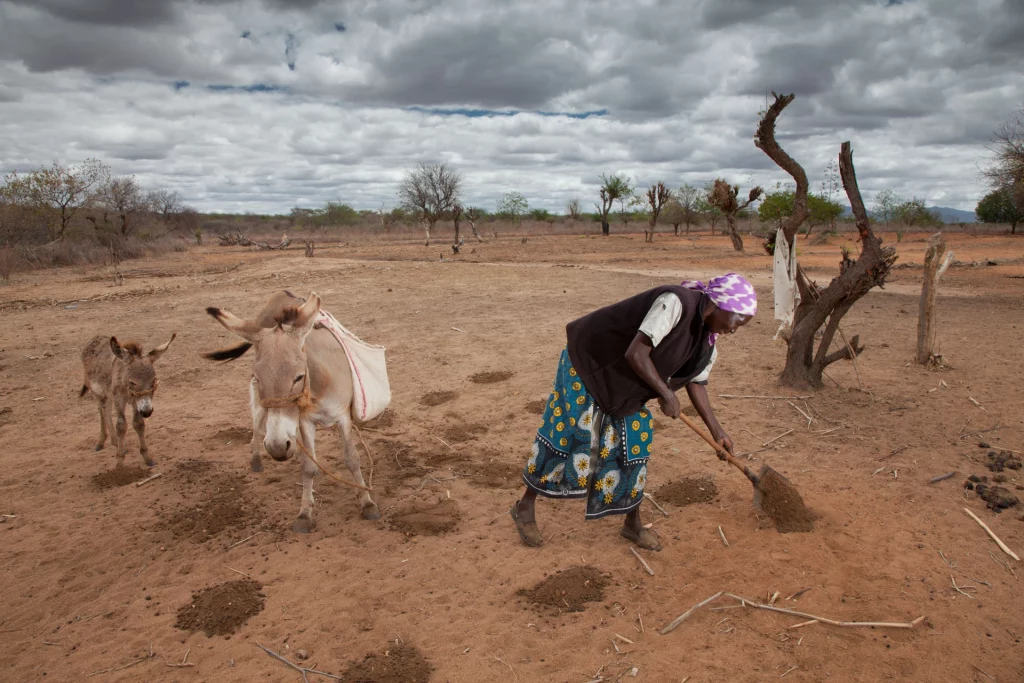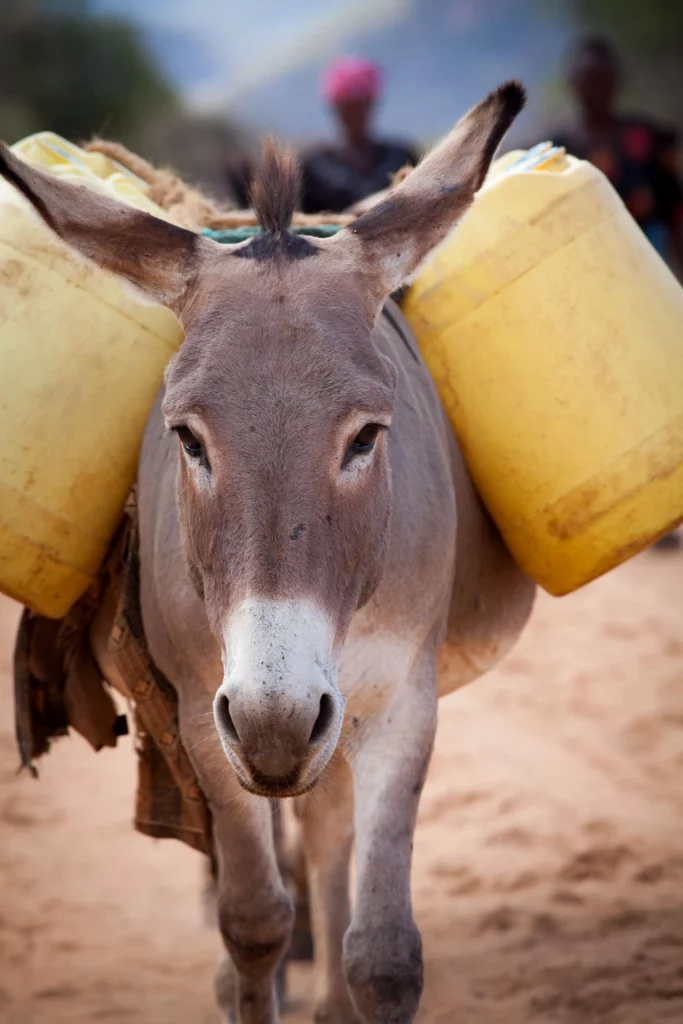Livestock farmers across the Horn of Africa continue to battle trans-border zoonotic diseases or Transboundary Animal Diseases (TADs) that are caused by pathogens that spread between animals and people.
These Zoonotic diseases have continued to affect both animals and farmers who move across borders for their daily activities.
Human beings can also contact these diseases by interacting with animals in direct contact by handling an infected animal or carcass.
They affect equines as they are mostly used by the farmers to move from one place to another in the transport of farm produce and fetching water, especially in arid and semi-arid areas where water is scarce and farmers travel long distances in search of the basic commodity.

The most common zoonotic diseases include; rabies spread mostly through bites by animals to humans; anthrax whose spores can stay active in the environment for years awaiting their next host.
Humans can contact anthrax by breathing in spores or eating and drinking food contaminated by spores and also through cuts and scrapes on the skin.
Brucellosis also spread through exposure to infected animals or contaminated animal products. Zoonotic influenza virus ideally mixes with other human viruses thus infecting both the donkey and the farmer.
The haemorrhagic fever spread highly through contact with an infected animal and Rift valley fever is transmitted to humans through contact with the blood or organs of infected animals.
These diseases are very severe to both farmers and donkeys and cause serious socio-economic and public health consequences.
Over the years we have seen both government and non-governmental organizations collaborating to tackle these diseases.
For instance, vaccination of the farmers and donkeys against these diseases case-by-case surveillance, pieces of training and donkey clinic days have helped in controlling the spread and reducing possible human infections.
These zoonotic diseases reduce the production and productivity of donkeys, especially in areas where the donkey is mainly used as a domestic helper hence gradually reducing the community’s productivity.
The infections and nutrition constraints play a big role in the spread of these diseases since most donkey owners are not financially stable with their highest priority is to put food on the table as opposed to seeking veterinary services when the donkey is infected.
Awareness is also vital in addressing these diseases, for instance, medications like acaricides are not recommended for use in donkeys since they cause allergic reactions which in turn have negative effects on the donkey.
Subscribe to our YouTube Channel at Switch TV
Most donkey owners, however, do not have this information and hence more awareness should be created especially during donkey clinic days and training.
Measures to strengthen government policies to enhance animal research, data collection and pieces of training regarding various technological developments have also been put in place to help the donkey owners and local veterinarians fight these diseases.
However, more pieces training and workshops should be put in place in partnership with experts in animal health welfare to see that more animal health assistants are trained and well equipped to handle infected donkeys and care for those in need of a check-up.
Minimizing the movement of animals across borders is a measure that should be taken especially by the government by providing readily available local markets for the farmers’ produce and basic human commodities e.g. water so the farmer doesn’t have to travel long distances with their animals.
Vaccines and treatment should also be readily available at a subsidized cost for the donkey owners to afford.
The World Organization for Animal Health(OIE) has funded various researches to ensure working donkeys are getting basic animal health services.
Donkey clinic days should be well mobilized to ensure large numbers of donkey owners are aware. Veterinarians should also be well equipped with information and treatment equipment so they can efficiently help the donkeys in need on specific clinic days.
There should also be the availability of on-call veterinarians to assist injured and sick donkeys within a reasonable time frame regardless of the distance to respond to emergency cases.
John Kivuti Veterinary Officer, KENDAT
















